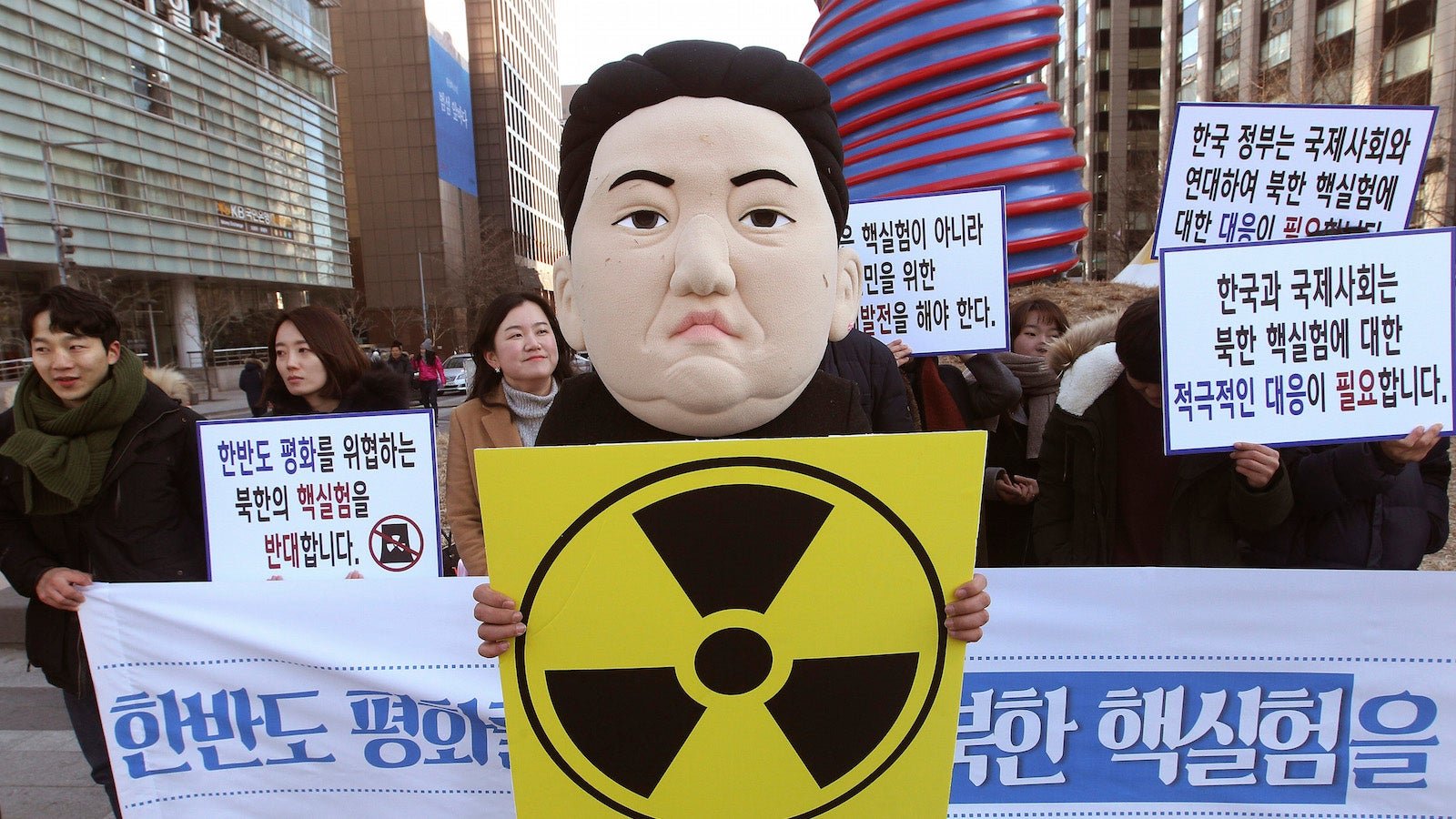A worrisome number of the world’s military conflicts involve countries with nuclear capabilities
Over the last two years, dozens of countries have engaged in military spats in the form of border clashes, air and sea confrontations, and weapons test launches designed to show military muster. While these kinds of outbursts aren’t unusual, what’s worrying, at least for one arms control advocacy group, is how many of them have involved countries with nuclear capabilities like Russia, North Korea, and India.


Over the last two years, dozens of countries have engaged in military spats in the form of border clashes, air and sea confrontations, and weapons test launches designed to show military muster. While these kinds of outbursts aren’t unusual, what’s worrying, at least for one arms control advocacy group, is how many of them have involved countries with nuclear capabilities like Russia, North Korea, and India.
An analysis of 270 military events over the last 21 months by the group Global Zero identified a troubling number of run-ins and close calls between countries with nuclear capabilities. Defense experts may call some of these military incidents routine, but their ”growing frequency and at times aggressive nature are troubling,” the group writes in its study, “and can provide a slippery slope to nuclear use whether by accident or miscalculation.”
The study comes the same week that North Korea’s claim that it had created and tested a hydrogen bomb caused a brief panic amongst its neighbors. (The US has cast doubt on the claim, saying that initial data from its monitoring stations were “not consistent” with a hydrogen bomb test.) North Korea has done at least seven test launches of military weapons in the last two years, Global Zero says, including of equipment that would help them fire missiles from submarines.
Of the events analyzed by Global Zero that involved Russia, NATO countries, and eastern and northern Europe, two were classified as “high-risk,” meaning they had a higher likelihood of leading to military conflict. They also found 33 “provocative” incidents, or “those that constitute a troubling or more aggressive nature than the routine military intercepts, exercises, etc. that occur between countries,” the study notes.
Global Zero also analyzed 78 military events in east Asia that have taken place since March 2014, and categorized three as high-risk and 23 as provocative. The group also classified 18 out of 54 confrontations between India, Pakistan, and China as high-risk, including 15 cross-border artillery clashes over the Pakistan-India “Line of Control,” a ceasefire line that separates Indian-controlled and Pakistani-controlled areas of a former state.
The study expands on an April 2015 report by the Global Zero Commission on Risk Reduction. Global Zero collected these military events by culling online news sites, and admits that it’s not an exhaustive record of world powers’ military operation, by any means.
Former US defense secretary, William Perry, who worked at the Pentagon from 1994 to 1997, has expressed concern that the probability of a nuclear event is higher today than it was during the Cold War. Perry said that the possibility of “a nuclear exchange” between the US and Russia has been rising over the past three years, and added that the exchange could even be caused by “substantial miscalculation [or] a false alarm.”